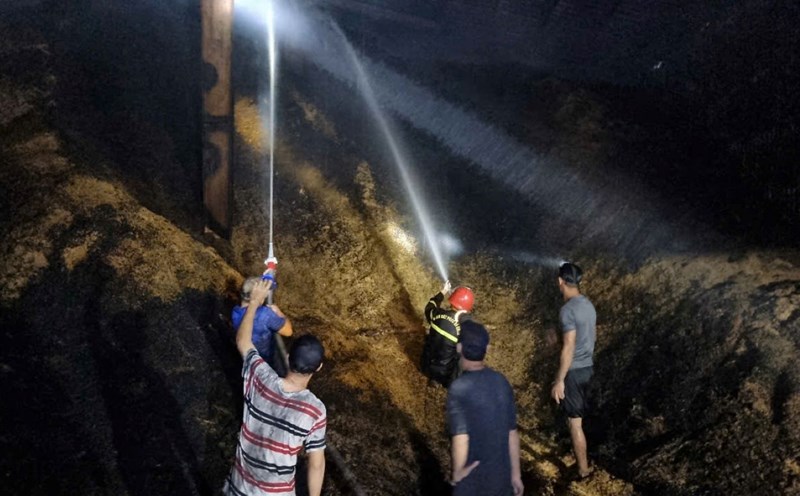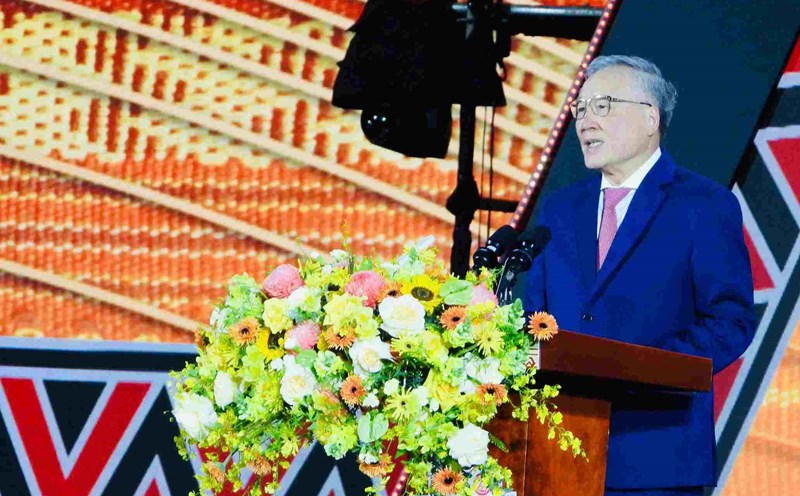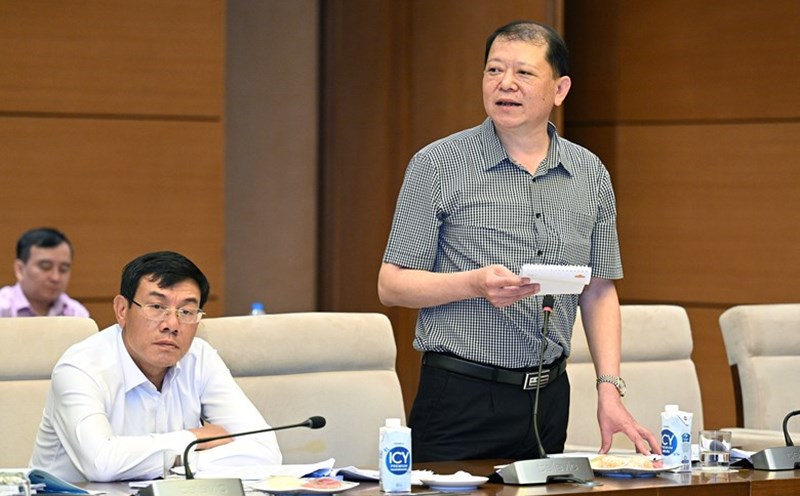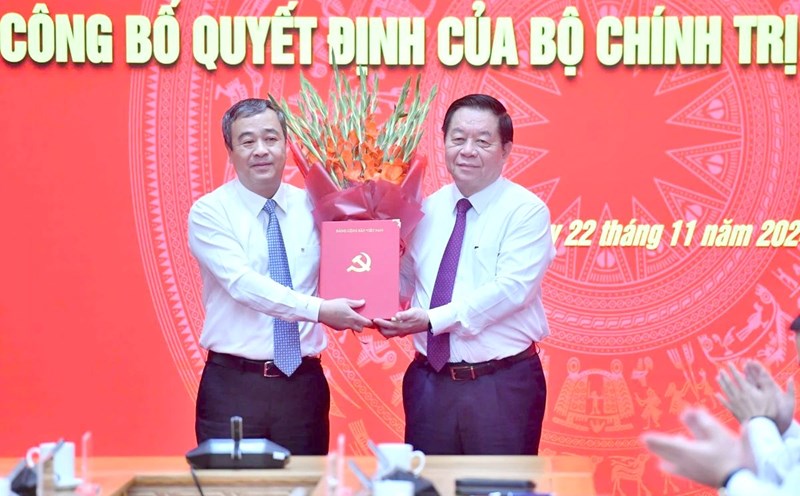This afternoon (November 22), Minister of Science and Technology Huynh Thanh Dat, authorized by the Prime Minister, submitted to the National Assembly the Draft Law amending and supplementing a number of articles of the Law on Technical Standards and Regulations.
Accordingly, in the process of opening the economy and attracting foreign investment, Vietnam has participated in and signed many international treaties related to quality standards activities such as the Agreement on Technical Barriers to Trade (WTO/TBT), the International Convention on Economic, Social and Cultural Rights (ICESCR).
In addition, Vietnam has signed many new generation Free Trade Agreements (FTAs) with the European Union; South Korea; the Eurasian Economic Union; and the Comprehensive and Progressive Agreement for Trans-Pacific Partnership.
The Law on Standards and Technical Regulations has provided general principles for the development of standards, technical regulations, and international cooperation. However, these regulations are at a basic level, only suitable at the time of 2007.
At that time, Vietnam had just joined the WTO and the scale of international economic integration and capacity to participate in international supply chains and production were not as extensive as they are today.
According to Minister of Science and Technology Huynh Thanh Dat, the Law on Standards and Technical Regulations is no longer fully consistent with the requirements of international integration under new generation FTAs with more open commitments. Foreign organizations and individuals are allowed to deeply participate in the activities of building and applying standards and technical regulations.
The Law on Standards and Technical Regulations does not fully regulate Vietnam's transparency obligations as well as the authority, responsibility, and obligation to notify and respond to technical barriers to trade.
In this revision, the Government aims to create a favorable environment to mobilize, allocate and effectively use resources; actively integrate and improve the effectiveness of international cooperation.
This will be the legal framework for state management of standards and technical regulations and create a healthy investment and business environment, protecting the legitimate rights of consumers.
According to the draft law, agencies, organizations and individuals are responsible for implementing transparency obligations and complying with principles on notification, information disclosure, questions and answers, and handling of trade concerns regarding standards, technical regulations and conformity assessment procedures according to commitments on technical barriers to trade of international treaties to which Vietnam is a member.
The Ministry of Science and Technology is the national focal point for negotiating and implementing commitments on technical barriers to trade in international treaties to which Vietnam is a member.
The Ministry of Science and Technology has the role of presiding over, coordinating and controlling general activities related to technical barriers to trade and analyzing and assessing the impact of commitments on technical barriers to trade of free trade agreements on Vietnam's export and import goods.
Support businesses by building a database on technical barriers to trade, and having policies to remove difficulties and obstacles for businesses to expand production and business activities.
Encourage and support domestic enterprises to access key markets, focusing on supporting enterprises in a number of priority industries and fields; effectively develop and implement programs to support export enterprises.











